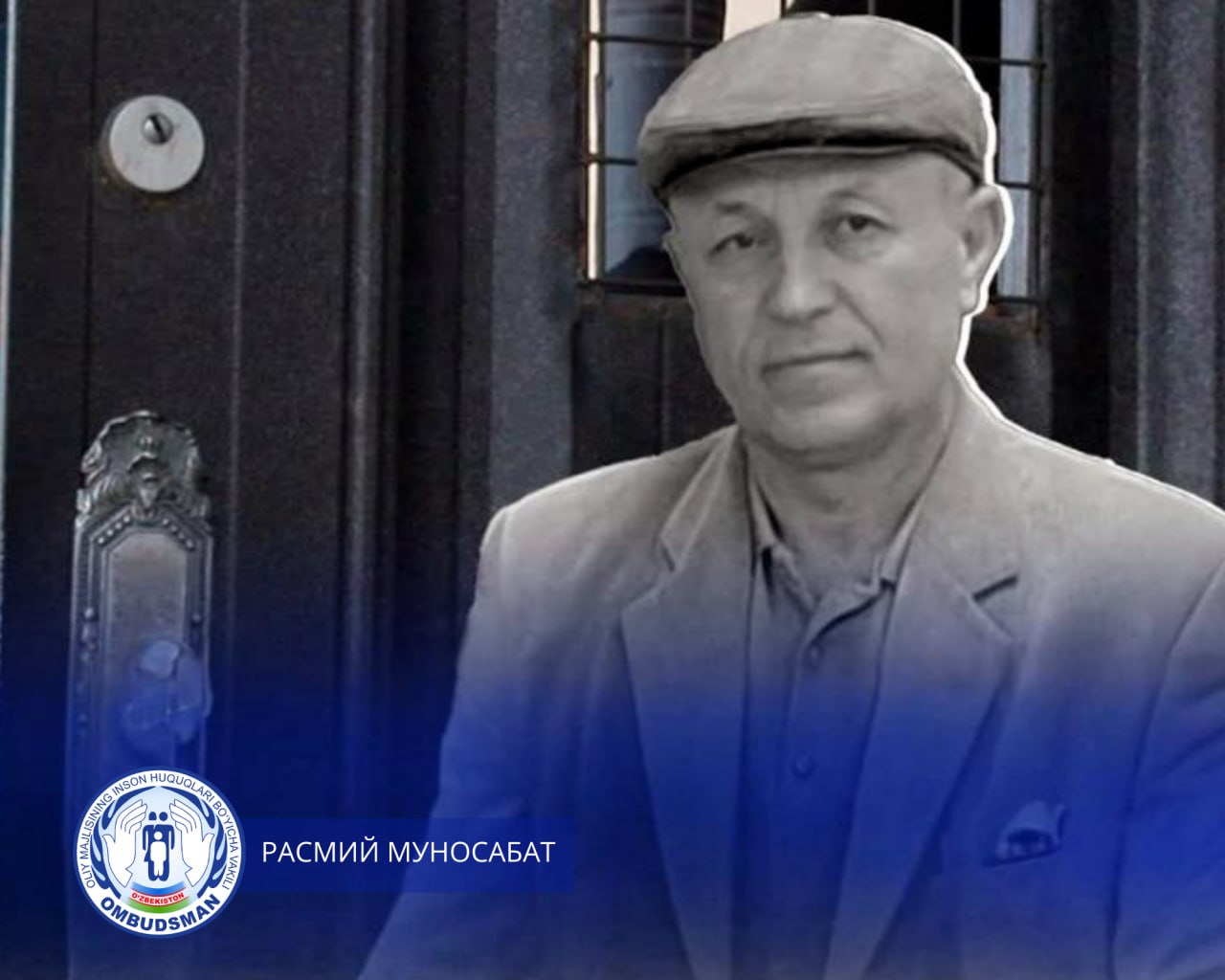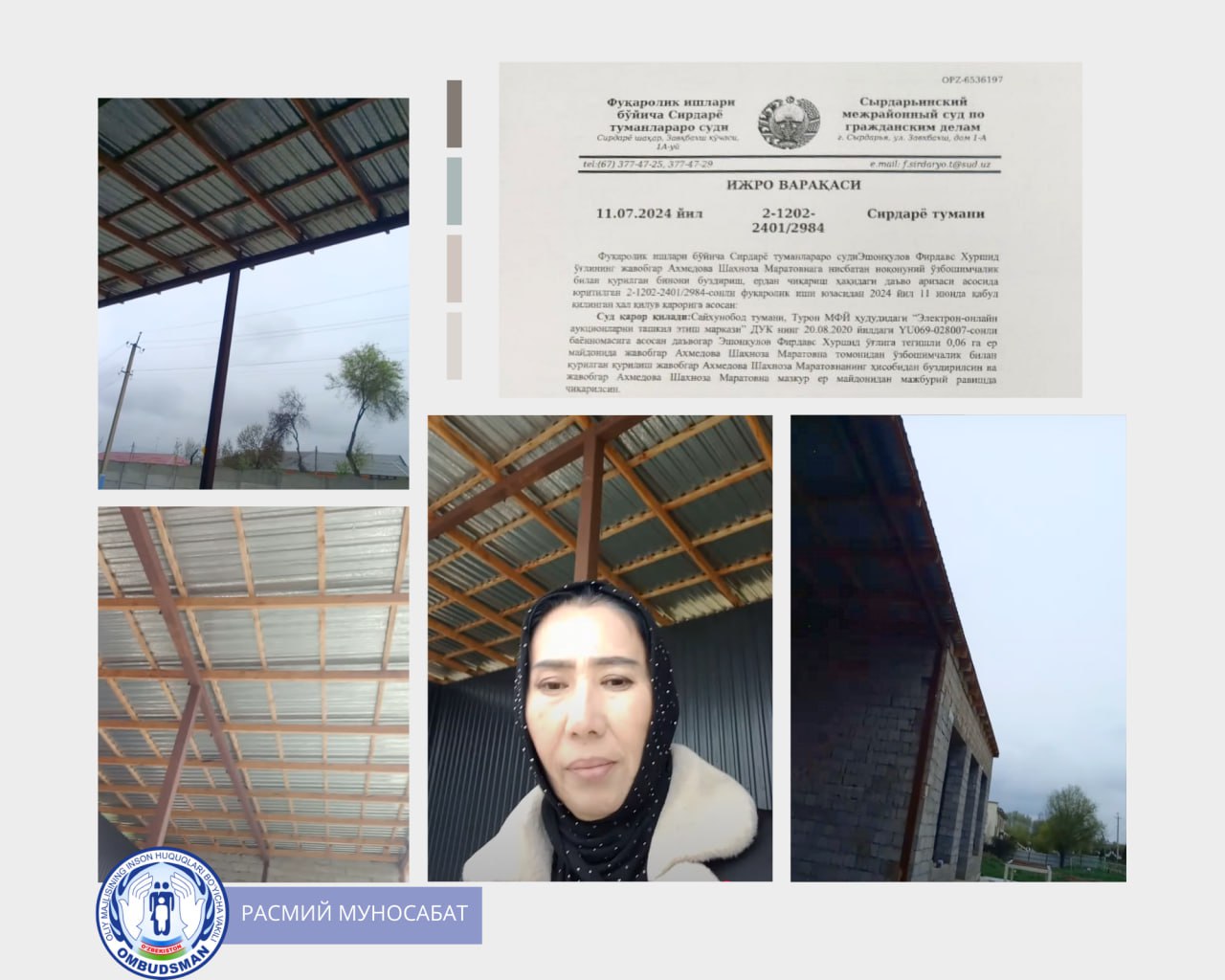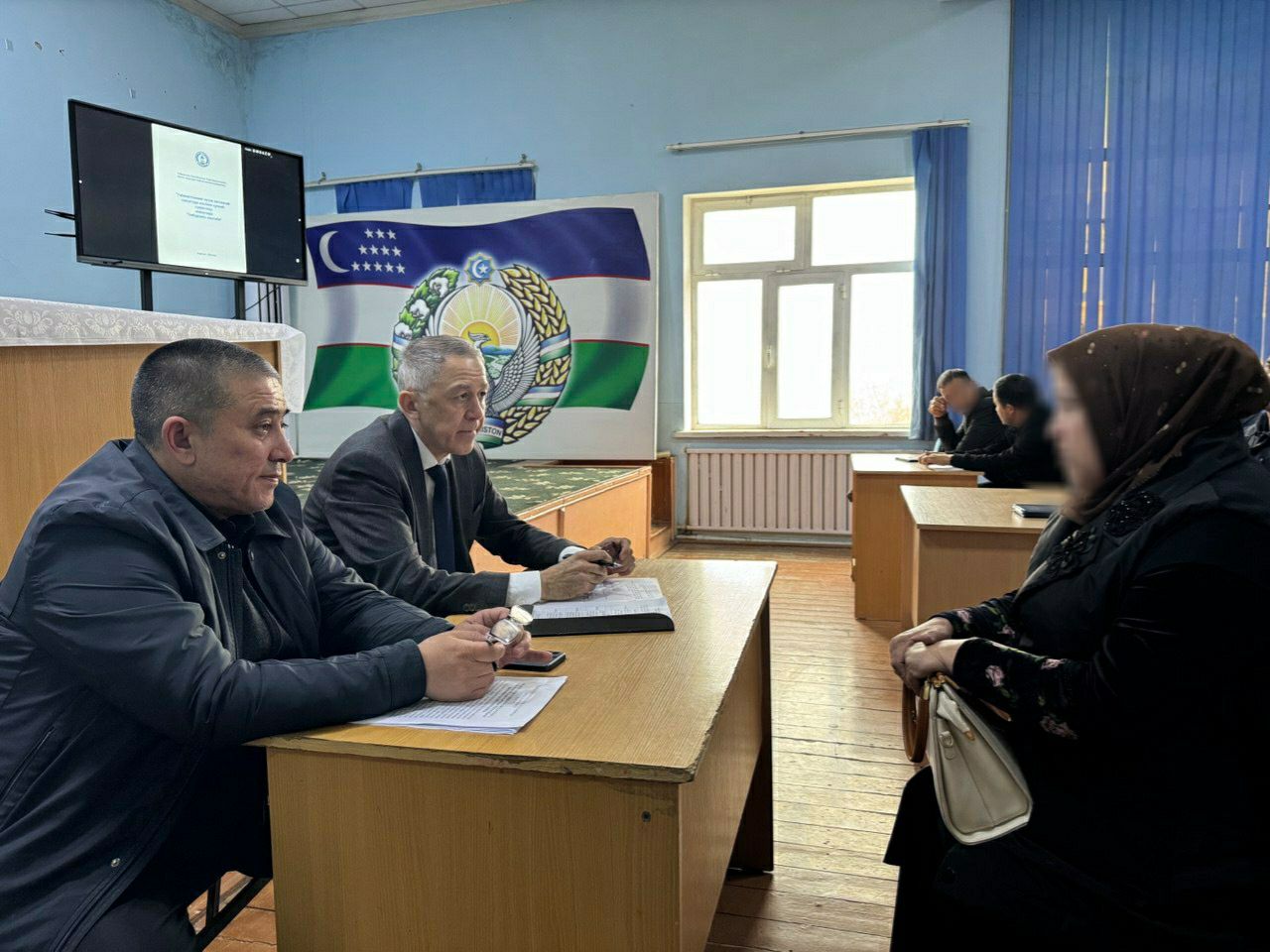These allegations of torture have been brought under control and are being investigated by the Ombudsman. However, the situation that took place yesterday in the Buka district confirms that torture is still allowed in investigative processes.
Upon the death of a citizen in the Buka district, based on the results of the appointed primary forensic medical examination, the prosecutor's office of the Tashkent region immediately opened a criminal case and arrested 2 operatives involved in the incident.
In fact, it is very sad that among law enforcement officers, whom we know as defenders of our rights, there are representatives who violate the laws, as in the case of what happened in the Buka region. We are far from the opinion that all employees working in the system are like that, and we must note the reforms undertaken in the fight against torture in recent years. However, as long as there are “employees” who oppose state policy and allow mental and physical torture in the course of their service, citizens will not be able to trust law enforcement agencies.
It should be said here that torture is a disease of the organism of society. To cure it, you first need to ensure the transparency of the system. Because the transparency of the system is one of the effective means of early prevention of torture. Thanks to the openness policy pursued in the country, we can openly talk about painful situations like these and draw public attention to them.
Torture is one of the global problems in many developed countries. Torture is a violation of fundamental human rights. According to experts, torture is considered as an act aimed at the destruction of a person, which has a long-term psychological impact on a person. Uzbekistan, where the principle of human dignity is a priority, has its own firm and tough position in the fight against torture. In recent years, punishments for employees who have committed torture have been strengthened, and even in relation to these persons there can categorically not be an institution of pardon.
In addition, in order to hold officials accountable for illegal actions, a special procedure has been introduced into the legislation, as well as aggravating measures have been established for a person who has used torture. Article 235 of the Criminal Code criminalizes torture and other cruel, inhuman or degrading treatment or punishment.
Our updated Constitution also provides that a person cannot be found guilty or punished if his admission of guilt is the only evidence against him. Enshrining this rule aims to address the root causes of torture.
Within the framework of the National Preventive Mechanism under the leadership of the Ombudsman to identify and eradicate cases of torture, regular monitoring visits to penitentiary institutions are carried out together with public groups, the conditions in these institutions are systematically studied. Anonymous surveys are conducted among the persons held in these institutions. Upon receipt of complaints about the use of torture, individual conversations are held with convicts and prisoners in a calm atmosphere, the situation is immediately taken under the control of the Ombudsman. In addition, reports of torture spread on social networks are studied on the spot, and in cases where there are signs of torture, the case is sent to the prosecutor's office for consideration. The situation in the Buka district is also under the control of the Ombudsman.
Suspects or accused cannot be beaten and die during interrogation and investigation. It is necessary to identify employees who have used violence in their activities, and take strict measures against them, consistently analyze the qualifications and activities of employees of the system, and also abandon abusers. After all, today's state policy is aimed at glorifying human dignity. From this point of view, steps in this direction should be consistent. We call for severe punishment for those responsible for these acts.
Press Service of the Authorized Person of the Oliy Majlis for Human Rights (Ombudsman)























